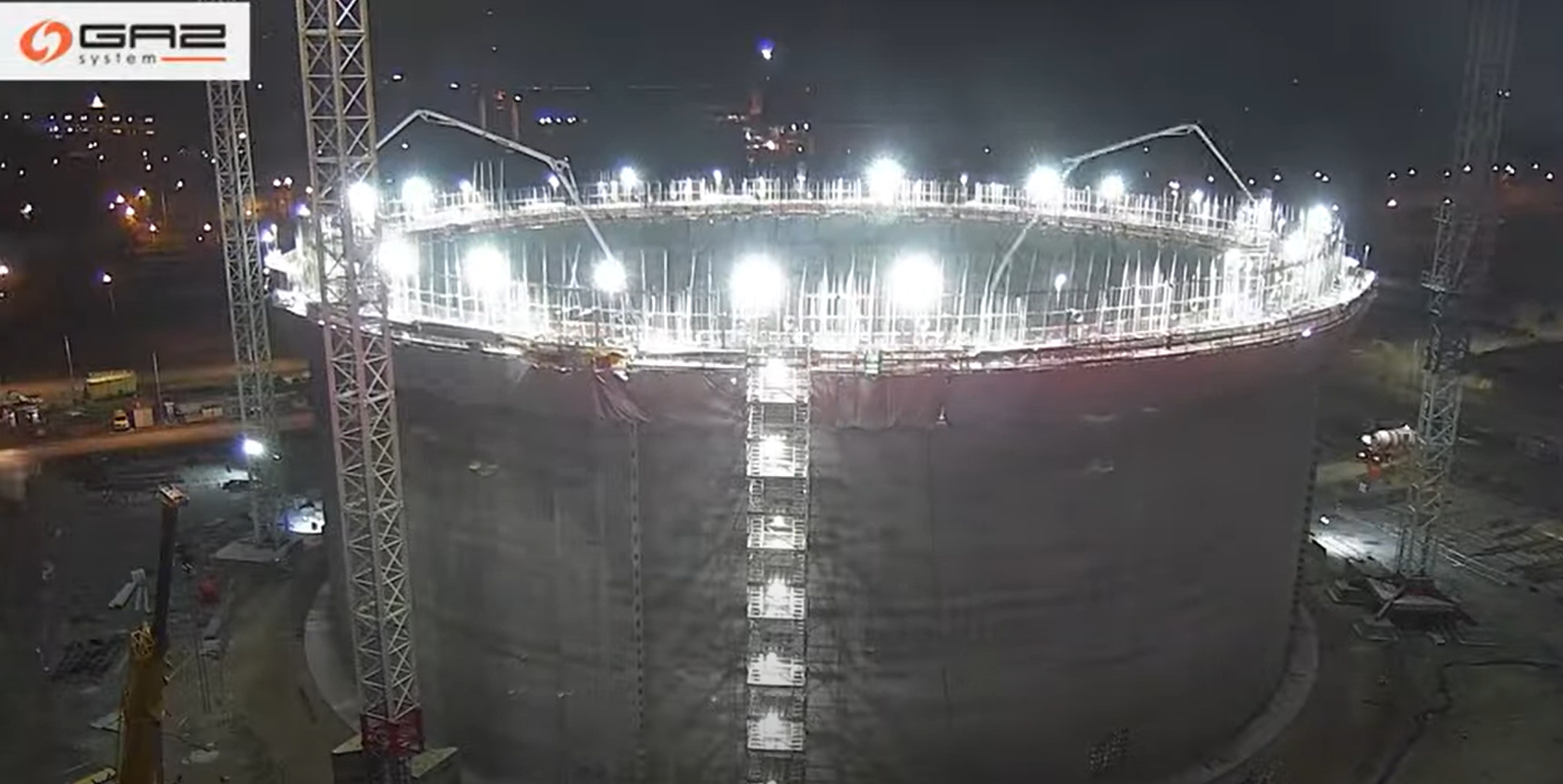It is necessary to monitor the critical infrastructure for fuel supply in the Baltic, because unknown perpetrators may return before the next heating season of the energy crisis – writes Wojciech Jakóbik, editor-in-chief at BiznesAlert.pl.
Mysterious leak at the gates of Russia
The gas pipeline connecting Finland and Estonia recorded a leak, which will take months to remove. An investigation is underway into the cause of the incident, which occurred near the Baltic coast of Russia.
The Balticconnector pipeline experienced a significant pressure drop and was shut down for safety reasons. An investigation is underway into the cause and location of the leak, which occurred on October 8. The Finnish Operator Gasgrid estimates it could take „several months” to fix the problem.
The incident occurred on the gas infrastructure connecting Estonia and Finland across the sea waters near St. Petersburg. It came shortly after the anniversary of the 2022 sabotage of the Nord Stream 1 and 2 gas pipelines, when a series of explosions disabled both pipelines from Russia to Germany.
It is worth noting that Ukraine also signals the possibility that attacks on its energy infrastructure will intensify in view of the upcoming heating season, which starts in November. The Russians may intensify hostile actions against the Western energy sector at various points as the winter is approaching.
NATO is aware that Russia may conduct a hybrid attack on energy infrastructure
A number of incidents in the energy sector in the European Union after the sabotage of Nord Stream 1 and 2 have gine rise to fears in the European Union and NATO about hybrid attacks by Russia. The Alliance is practicing a joint response to such threats.
The North Atlantic Alliance has conducted two exercise programs focusing on new maritime defense technologies, in this case infrastructure critical at sea. This is another response to the growing number of incidents involving this type of infrastructure after the sabotage of the Nord Stream 1 and 2 gas pipelines in the era of the Russia’s invasion of Ukraine.
The Russians have repeatedly been caught watching NATO critical infrastructure at sea. The Alliance warned that there is a high risk of a Russian attack on such installations. The Dynamic Messenger 23 exercises focus on the use of drones operating at sea with 2,000 civilian and military personnel on the shore and on ships. This is the second series of exercises of this type, launched in 2022. The next exercise, REPMUS 2023, is aimed to improve the capacity building and interoperability of the Alliance’s forces through cooperation between the defense and private sectors.
Monitoring the Baltic and the reserves
The obligation to accumulate gas reserves in the European Union allowed to store record reserves before the 2023/24 heating season. The price of gas is falling due to the relatively good supply on the market. However, incidents involving critical infrastructure can temporarily lift prices, hitting Europe’s economic foundations, as record gas and fertilizer prices hit grain harvests in Germany. Meanwhile, infrastructure disruptions, such as the incidents in Norway or the aforementioned Balticconnector, may reduce the availability of gas from outside Russia. This means that the energy crisis continues and may surprise us with more than one black swan.
This is an argument for further reducing gas consumption. At the European level, there is a target to reduce consumption by 15% per year, which is being met with varying success by individual member states. However, the energy crisis is an argument for maximally limiting the consumption of this fuel wherever possible, because even if there are no security of supply disruptions, various random events will periodically cause significant price fluctuations.
Protecting critical infrastructure in the energy sector, especially windows to the world with gas and oil from outside Russia, such as the Naftoport and the LNG terminal is a short – and medium-term task. In the long term, dependence on fossil fuels must be reduced so that the policies of different regimes no longer affect economic activity. Various incidents involving unknown perpetrators may occur more often in the face of the upcoming heating season.









